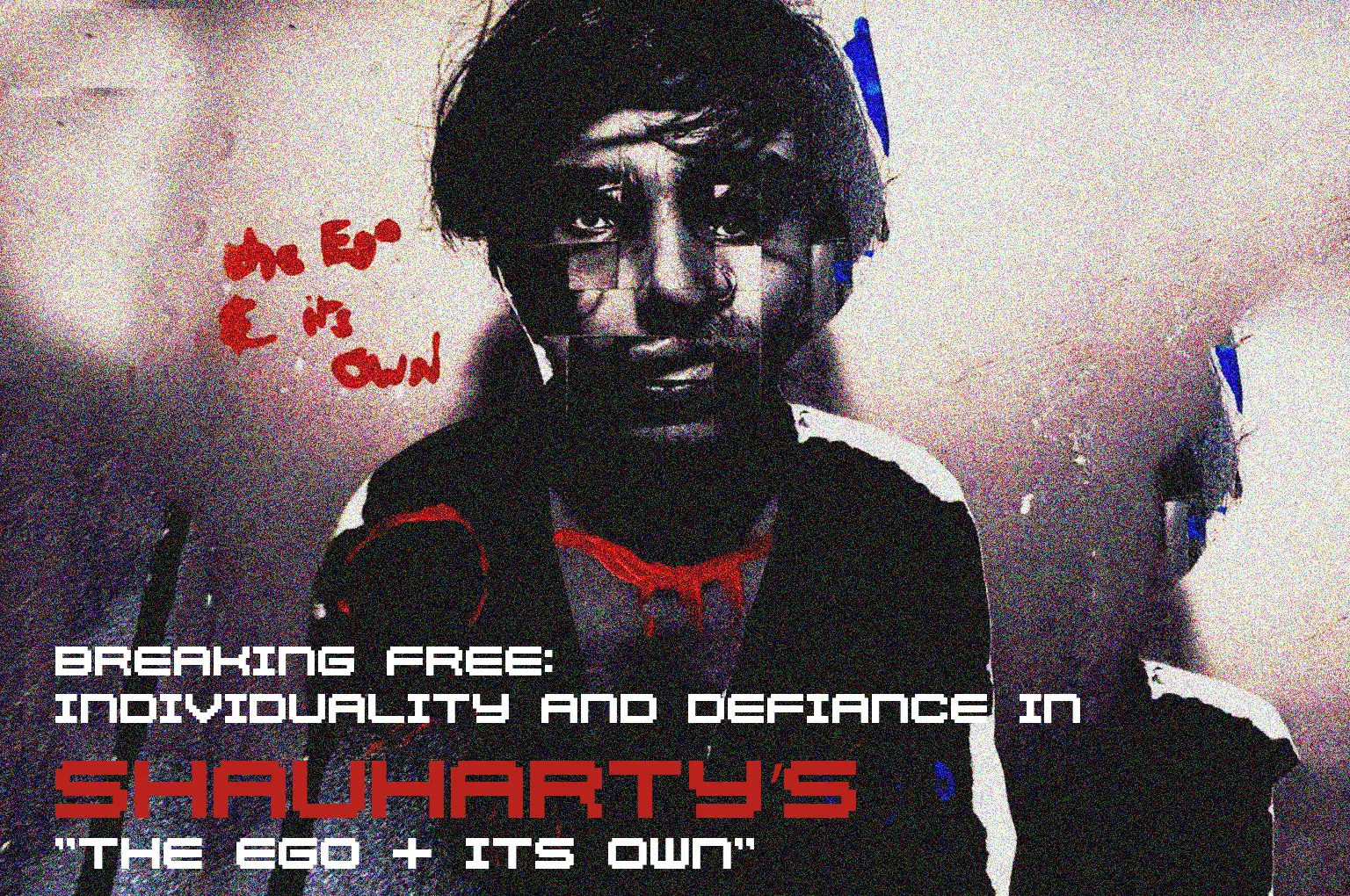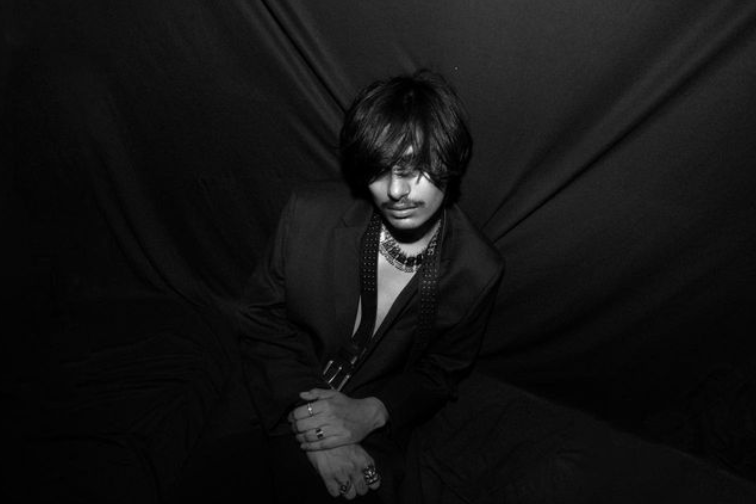Your basket is currently empty!

shauharty’s The Ego & Its Own is a bold contribution to the growing alternative hip-hop scene in India. His sharp lyricism and philosophical depth distinguish him from mainstream Indian rappers, allowing him to carve out a space for introspective and socially critical work. The song delves into themes of individuality, societal defiance, and personal authenticity, critiquing societal norms, false validation, and the superficiality of fame. This approach resonates with the expanding diversity of Indian hip-hop, where underground voices are shifting the focus away from materialism and bravado.
Indian hip-hop has evolved dramatically over the past two decades, transitioning from street-style narratives to include more reflective and philosophical voices like shauharty. In The Ego & Its Own, he embraces the idea of rejecting societal expectations, pushing for self-realisation. The chorus, “Where two or three gather in my name, I am in the midst of them,” alludes to a biblical reference from Matthew 18:20, which is flipped in his lyrics to critique collective identities and how individuals lose themselves in societal constructs. His message is clear: true individuality lies in breaking free from external pressures.
In the first verse, he uses local cultural references like “nukkad” (street corner) to paint a scene of raw, unfiltered conversation. The line, “We’re all just equal feeble people,” reflects his acknowledgement that beneath societal roles, we are all vulnerable and equal, yet society constructs a false hierarchy. He further critiques hypocrisy with the biting line, “Mr. everyone else is a bitch, but not us,” pointing out how people pretend to be morally superior while hiding their own flaws.
The song also takes direct aim at the music industry, with him condemning the false validation and superficiality often associated with fame. Lines like, “I wanna take a piss at your sponsors, your brand deals,” show his disdain for the commercialisation of art. He mocks those who seek validation from fans and sponsors, suggesting that true art and integrity are more important than hollow recognition.
The use of historical references adds depth to the song. The mention of the Treaty of Versailles in the line, “Please dastakhat kardijiye on this treaty of Versailles,” draws a parallel between the manipulations of that historical agreement and the manipulations artists face in the modern music industry. The Treaty of Versailles, which laid the groundwork for future conflict, reflects how flawed agreements in the industry can trap artists in cycles of exploitation and dissatisfaction.

In the outro, shauharty quotes Shakespeare’s Hamlet, adding an existential dimension to the song. The lines, “Am I a coward? Who calls me villain?” from Hamlet Act II, Scene 2 reflects internal struggle with societal judgement, mirroring his own battles with external expectations. This reference deepens the philosophical tone of the track, linking Schubert’s critique of modern society to timeless questions of identity and courage.The Ego & Its Own is a declaration of self-consciousness and defiance. Through his lyrics and sharp critiques, it is becoming more interesting to see the growing complexity and philosophical depth of Indian hip-hop, where artists like shauharty are redefining the genre with introspective and thought-provoking references.
Subscribe to our newsletter!

Leave a Reply